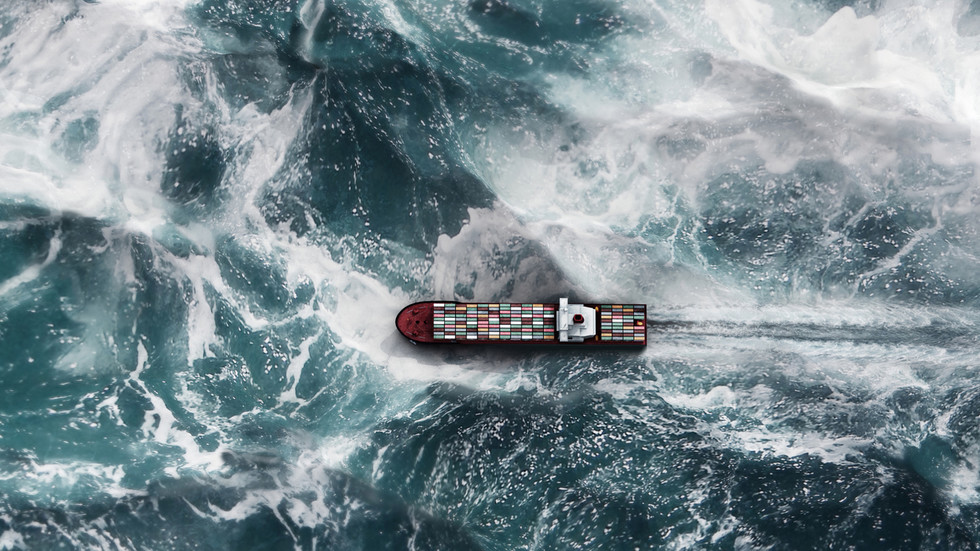
Maersk suspended vessel transits via the key trade route in January due to attacks by Houthi rebels

© Getty Images / timandtim
Danish shipping major AP Moller-Maersk is advising customers to prepare for a prolonged Red Sea crisis that could stretch well into the second half of this year, CNBC reported this week.
The second-largest global ocean carrier has added about 6% of extra vessel capacity to its schedule, adding to operational costs, according to the report.
Major shipping companies have started sending hundreds of their vessels on longer and more expensive journeys around southern Africa’s Cape of Good Hope after Houthi rebels instituted a de facto blockade through the Red Sea to the Suez Canal. Maersk suspended operations in the region last month after the Houthis targeted two of its ships.
Meanwhile, the militants have vowed they would expand their attacks after the US and UK started bombing Houthi-linked targets in Yemen.
“Unfortunately, we don’t see any change in the Red Sea happening anytime soon,” the regional president for Maersk North America, Charles van der Steene, told CNBC. “We’re advising them the longer transit routes could last through Q2 and potentially Q3. Customers will need to make sure they have the longer overall transit time built into their supply chain.”
Traffic via the Suez Canal – the fastest route from Asia to Europe – makes up around 15% of the world’s commercial shipping. Major freight companies are now facing increased costs and skyrocketing insurance premiums due to having to divert ships.
READ MORE: Red Sea blockade undermining global commerce – report
According to van der Steen, in addition to delivery, shippers now need to quantify the cost for their supply chain to the actual costs for their supply chain. “Many of our customers factor a cost-per-unit cost for their supply chain into their budgeting, which basically is what they need to make their results work,” he said. “If that fundamentally shifts and changes, it could have a pretty significant effect on their overall costs.”
Global trade plunged by 1.3% from November to December 2023 as a result of the attacks on merchant vessels in the Red Sea, according to the latest report by the Kiel Institute.
For more stories on economy & finance visit RT’s business section




